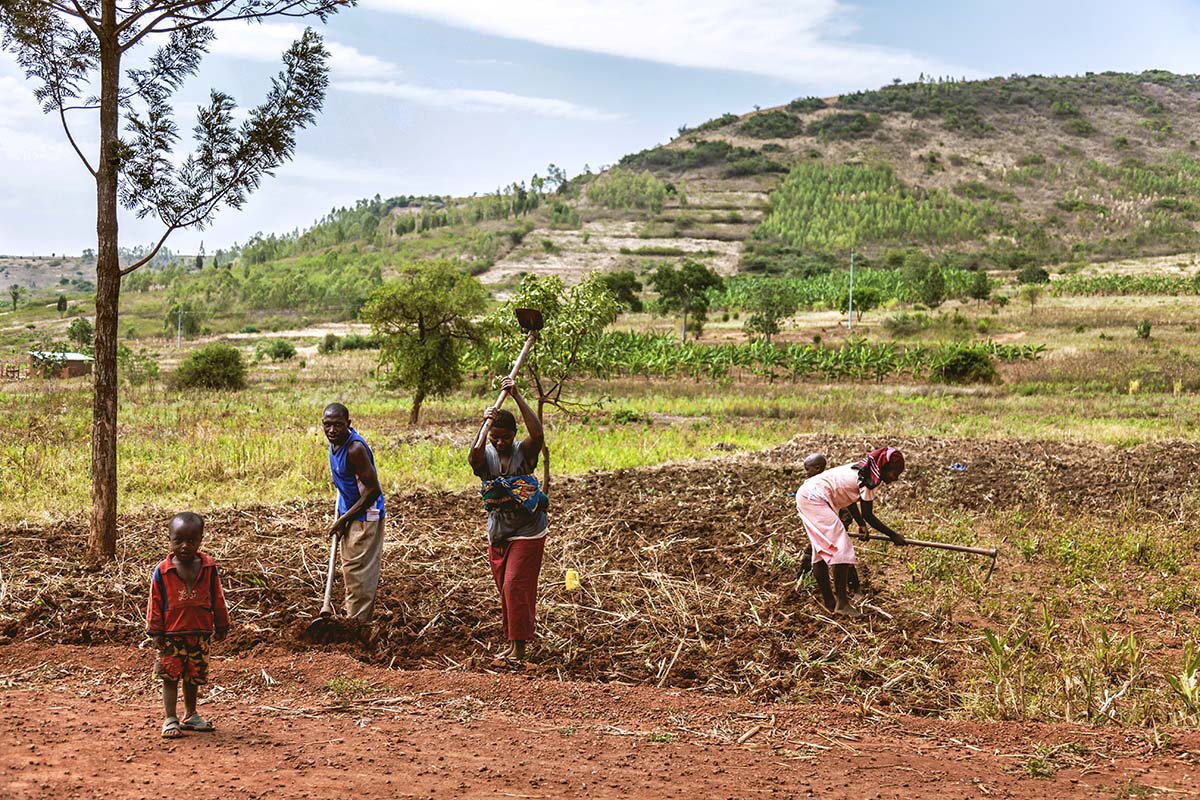“Classical theories of economic development”
June 2 Classic patterns of economic development lead to impact beyond their a country’s own borders. Swapnil Mishra, 21, a Commonwealth Correspondent from India currently studying in the U.S., looks at how growth and change in one economy can influence neighbouring economies and labour markets.
Classic patterns of economic development lead to impact beyond their a country’s own borders. Swapnil Mishra, 21, a Commonwealth Correspondent from India currently studying in the U.S., looks at how growth and change in one economy can influence neighbouring economies and labour markets.
According to Walt Whitman Rostow, an American economist and political theorist who served as Special Assistant for National Security Affairs to US President Lyndon B. Johnson from 1966 to 1969, there are five permanent stages of development that every society experiences. Through the journey, the society experiences faster growth in the economy with the gap between the rich and poor reducing. However, it should be noted that this process entirely relies on the country’s preparedness for the economic takeoff. http://sites.jmu.edu/soci348/files/2012/05/Rostow.pdf
Every society in the history of mankind started off as a traditional society, the ones that rose to the occasion by investing in highly productive innovation in industry and agriculture stood out to dominate societies still lingering in the traditional sphere.
However, all this activity proceeded at a limited pace within a society mainly characterised by traditional low-productive methods, and by regionally based political institutions that developed in conjunction with them.
It should be noted that the economic takeoff of a society awaited not only the buildup of social overhead capital and technological development but also the allegiance of a political group ready to back the modernisation of the economy as serious, high-order political business. The societies that lack this sort of an infrastructure faltered at an early stage, as they could not progress beyond a certain point due to the lack of involvement from the socio-political establishment of a society.
As significant growth in international trade and business develops, goods formerly produced imported are produced at home and new import requirements develop. Most goods and services that were produced in periphery countries were exported to non-periphery countries. This meant significant economic development in non-periphery countries, as peripheries dwindled.
Further, non-periphery countries moved on to a stage of maturity where they demonstrated the capacity to move beyond the original industries which powered their economic takeoff with the most advanced modern technology. It demonstrated that it now had the technological to produce not everything, but anything that it chooses to produce.
In the twentieth century, western societies have moved on to allocate increased resources to social welfare and security not only in their own countries but also to their formerly colonised states. This stage could be linked to the theory of dependence mentioned in the chapter by dos Santos. Dependence is a situation in which the economy of certain countries is conditioned by the development and expansion of another country to which the former is subjected.
Developed nations can expand and be self-sustaining, while developing countries can only do this as a reflection of that expansion. Today, we see the relations produced by this market are unequal and combined, which could be largely attributed to the development of parts of the system that occurred at the expense of other parts.
What can be seen in developing nations currently is that it reproduces a productive system whose development is limited by those world relations which necessarily lead to the development of only certain economic sectors, to trade under unequal conditions, to domestic competition with international capital under unequal conditions, and to the imposition of relations of super-exploitation of the domestic labor force with a view to dividing the economic surplus thus generated between internal and external forces of domination.
photo credit: kenteegardin Graph With Stacks Of Coins via photopin (license)
…………………………………………………………………………………………………………………
About me: My name is Swapnil Mishra and I am an undergraduate student pursuing a major in Economics with minors in Business (Environmental Management) & International Relations at Knox College, Illinois, U.S.
My ambition is to work in the field of International Development and my interests are cricket and travelling.
…………………………………………………………………………………………………………………
Opinions expressed in this article are those of the author and do not necessarily represent the views of the Commonwealth Youth Programme. Articles are published in a spirit of dialogue, respect and understanding. If you disagree, why not submit a response?
To learn more about becoming a Commonwealth Correspondent please visit: http://www.yourcommonwealth.org/submit-articles/
………………………………………………………………………………………………………………




